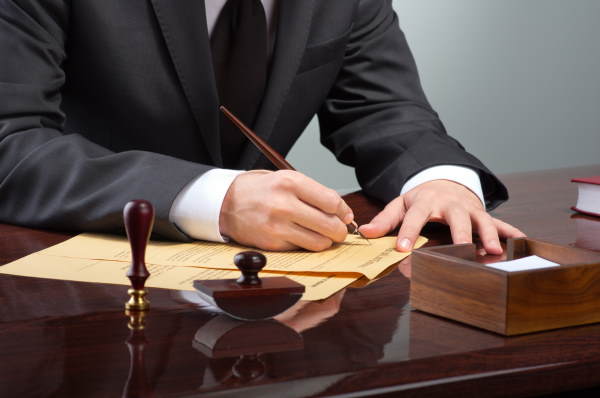How Probate Works – Probate Attorneys

Probate is the legal process by which a court validates a last will and testament and then distributes an individual’s assets accordingly after paying all of their outstanding debts.
However, when you pass away, not all of your assets will become part of your probate estate. Some of them, including the following, may pass directly to your heirs without having to go through the probate process:
- Life insurance proceeds of policies with a beneficiary designation
- Bank, retirement and other accounts with a payable on death designation
- Personal property, such as vehicles, with a transfer on death designation
- Trust assets
- Real estate titled in joint tenancy or tenancy by the entirety
In other words, your probate estate will likely consist of assets you own in your name only and for which you have made no other provision. Usually these are the assets that you have/will have bequeathed in your will.
How Probate Works
Each state has its own probate laws, but in general, the personal representative of your estate, i.e. the person you designate as the executor of your will, will open your estate by filing a request for letters testamentary with the probate court of the county where you lived. They will supplement this request with the original, not a copy, of your last will and testament, plus a certified copy of your death certificate.
As experienced probate attorneys can confirm, the length of time it will take to probate your estate will depend upon the extent of your assets subject to this procedure and the complexity involved with paying your outstanding bills and taxes. Your personal representative will need to contact each of your creditors, giving them the opportunity to file claims against your estate for the amount you owe them. They likewise will need to pay any estate tax or income tax due.
If someone challenges the validity of your will, your personal representative will need to see to it that the dispute is resolved, likely hiring an experienced estate and trust lawyer to represent your estate and defend your will and/or other elements of your estate plan.
Your personal representative will also need to manage your estate’s assets throughout the probate process, selling some of them, if necessary, to cover your bills, taxes and other estate expenses.
Ultimately, your personal representative will need to construct a final accounting of all money or other assets that flowed in and out of your estate during the probate process. The court will then need to approve this accounting before giving your personal representative permission to close the estate.
As you might expect, all of this can take several months. It’s not unusual for the probate process to take over a year to complete for large, complex and complicated estates.